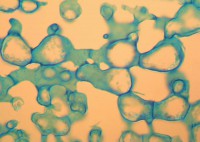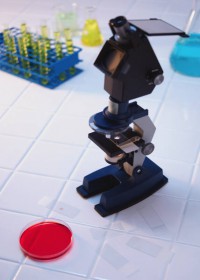
At our Issels® clinics, our focus is providing treatment programs that work with the patient’s immune system and defense mechanism to naturally eliminate cancer cells.
New treatments on the forefront in the fight against cancer are always good news and when a vitamin is found to be playing a significant role in the treatment of difficult tumors, that makes the news even better.
Pancreatic cancer is a devastating disease with a very low estimated survival rate of five years. A big part of the problem in treating the tumor has been the lack of a complete understanding of a pancreatic tumor’s resistance to current standard treatment.
It is understood that the tumor has the ability to send signals to surrounding cells, called tumor microenvironment. When the cells receive a signal from the tumor, a “shield” surrounds the pancreatic tumor protecting it from drugs and healthy immune cells. With the barrier in place, the tumor can continue to grow.
A study by the Salk Institute has found that a derivative from vitamin D weakens and collapses the shield protecting the tumor. The findings from the study have resulted in both human and animal clinical trials.
The outlook for vitamin D as a positive influence on weakening protective cells surrounding tumors may also mean other difficult tumors, such as those found in the liver, kidney, and lungs, will also be susceptible to treatment.
At Issels®, we are dedicated to providing quality programs and treatments for our patients. If you would like more information about our clinics and our locations in the U.S. and abroad, please contact us by phone or use our convenient online form.





